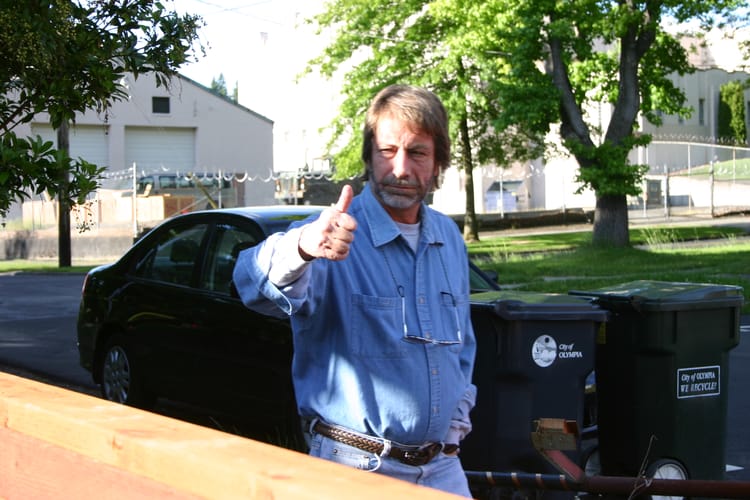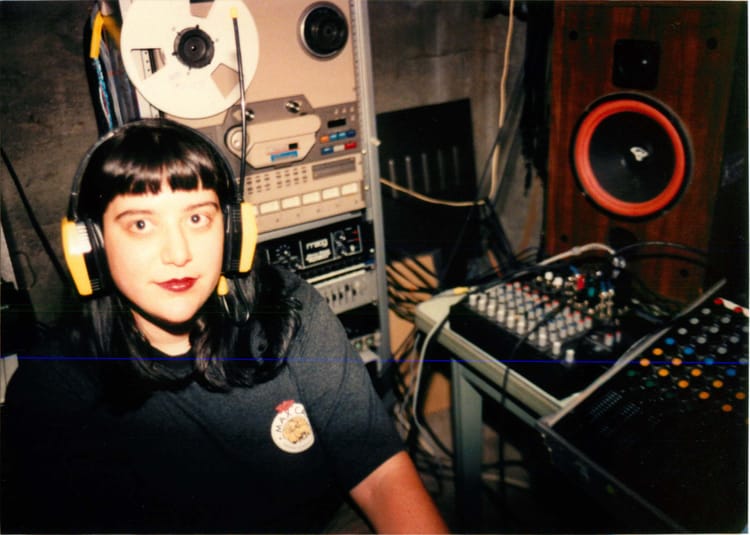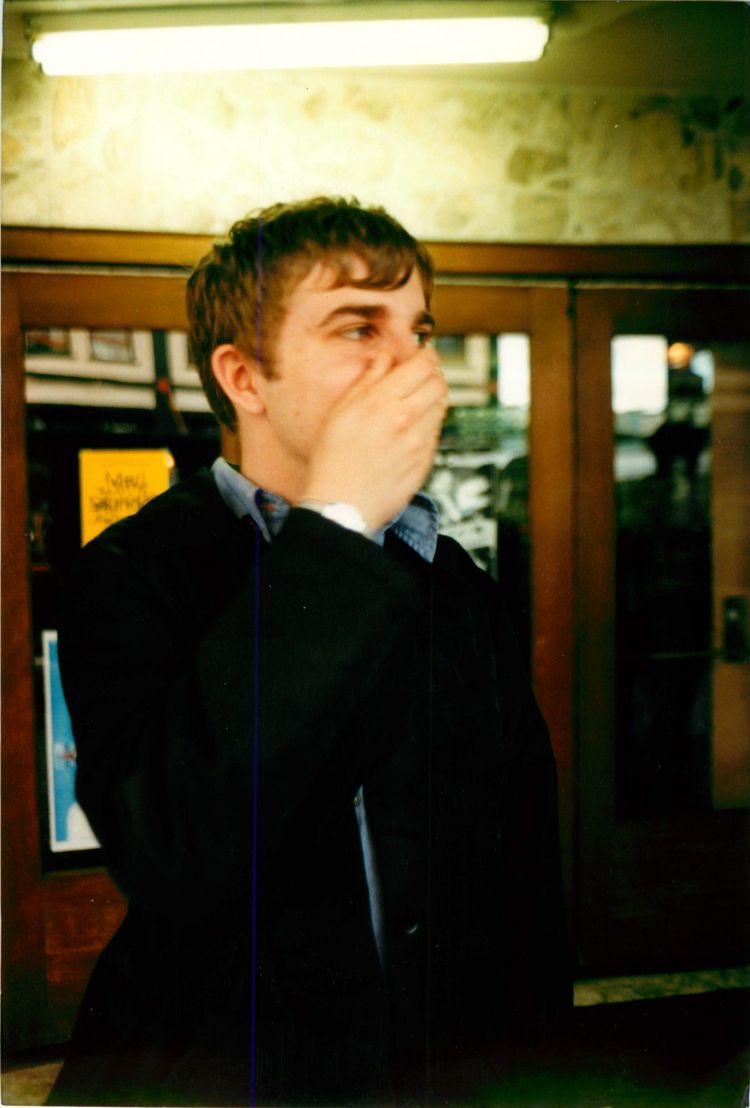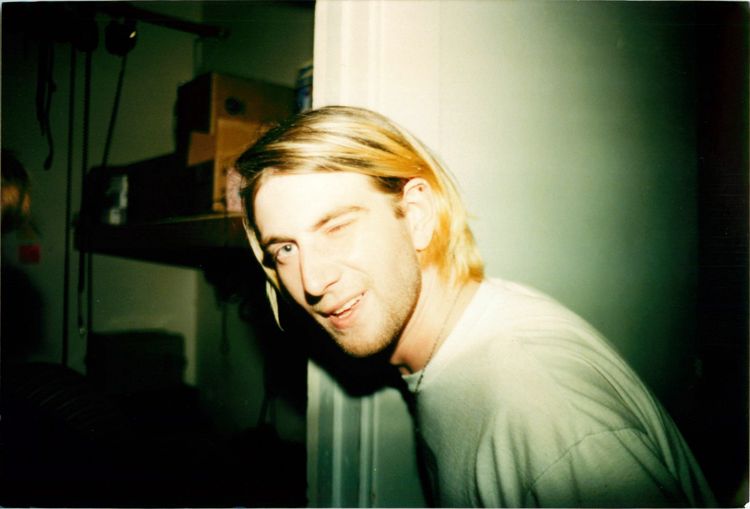Mimi Parker, Low and the Rain That Always Falls On Days Like Today.
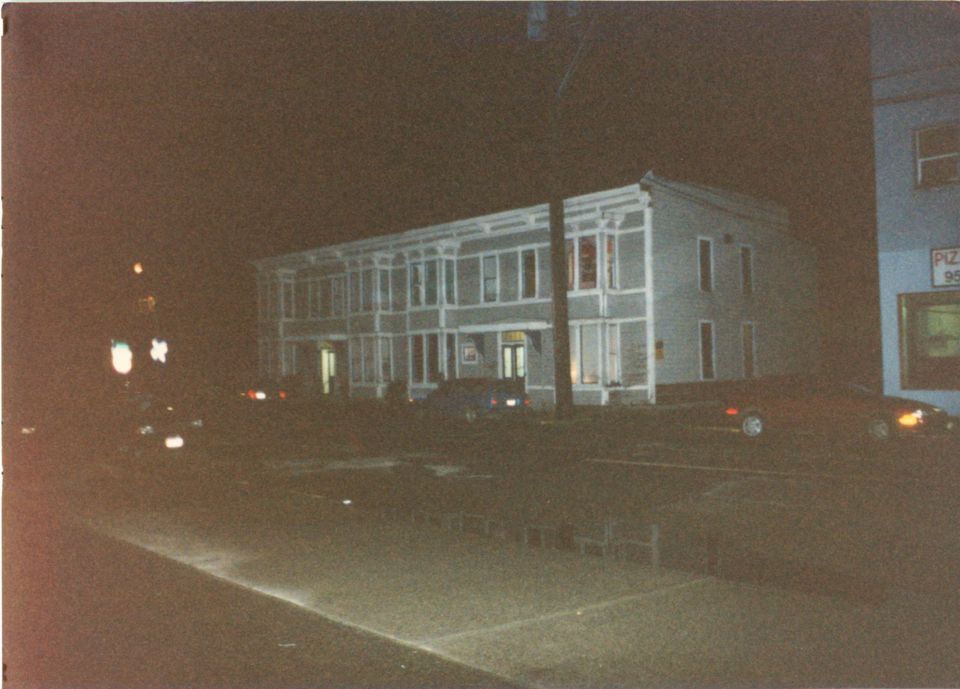
Three inches above the floor, man in the box wants to burn my soul. And I’m tired. I’m tired. “Is that the truth?” he says, ”the pain is easy.” Too many words, too many words. And I can hear ‘em. —From the first track, Words, on I Could Live In Hope.
I read a tweet, that’s how I found out.
It’s how we find out, now. Not by phone calls like we once did, but on twitter or on instagram or on facebook. We see posts. We don’t hear voices.
Saw the words, “She passed away last night, surrounded by family and love, including yours. Keep her name close and sacred.”
I was, immediately, “wait, who?” Followed by the denial. It can’t be her, Her. It can’t be. I searched to confirm. Saw the Rolling Stone article, said out loud “oh my god.” Put my coffee down. Told my wife as she paused reading Richard Scarry’s Busy World to our little girl, “I’m sorry, baby.”
Mimi Parker of the band Low had died.
I really had expected to be listening to Mimi Parker’s voice making new music for the rest of my life; I looked forward to more albums and seeing her and Alan perform live.
I was foolish enough to hope in just two years maybe Zak would join them on stage as they played “I Could Live In Hope” for a 30th anniversary tour. From Words, to how lazy Sarah is, to how far away the sea is, to finally closing with Sunshine.
I had really thought they would be making music together forever. My heart breaks for Alan, because I am sure he thought the same.
I thought I’d get to hear them change and grow and explore as we all have since 1994.
It has been almost 30 years, so I honestly can’t remember who introduced me to Low with any certainty, but I can’t imagine it would have been anyone else except my good friend and partner in musical crimes and adventures at the time, Diana Arens.
Was it a show in Olympia? Or did the two of us get in either her teal Ford Festiva or my crimson Dodge Dart and make the hour-plus trek north to Seattle on I-5? That trip we would make so many times over the years; to Neumo’s, to the Velvet Elvis, to the Moore, to the Showbox, or more than likely, to the Crocodile Cafe.
I can’t remember now where we saw them for that first show. My guess is it was a venue that has long since closed, but what I do remember, and vividly, was standing at the foot of the stage taking it all in—Mimi’s drumming, her voice, Alan’s voice, her guitar, Zak’s slow bass lines—listening, looking at Diana and putting my hand to her ear, whisper-yelling “This is amazing!”
This was 1994 and there was nothing else like Low.
They had the energy and intensity of a punk band like Fitz of Depression, but pushed and smoothed and stripped and slowed-down into this haunting journey. People think of it as soft, somehow, but to me it was hard, it was edgy. They were, to me, as grunge and as punk as anything else I had ever heard or seen.
A year later when Long Division came out, their status was cemented, there really was nothing else like Low, they were one of the greats. A year later Transmission and The Curtain Hits The Cast, they just kept making incredible music.
Over the years I remember watching the crowd watch Low at shows; I can see Lois over on the side of the auditorium, swinging in awe. And Calvin nodding towards the back, his signature ear muffs down around his neck or maybe up on his head. I don’t mention them to name-drop, but to help explain that everyone I looked up to at the time looked up to and respected Mimi and Alan. How could they not?
Low embodied the steady rain we’re getting today as I write this, the cold dark days where the clocks in the house are all reading slightly different times. They were the soft glow of a bare yellow lightbulb on a lamp by the couch. Mimi’s snare drum and brushed cymbal crashes, a warm sweater (or I guess at the time it would have been a soft-warn flannel over a long sleeve shirt?) reacting to the cold dampness that ruled our lives nine months out of the year.
When traveling and touring, Mimi and Alan brought us Duluth, Minnesota, their own Olympia, in sound and words. They brought their inside stories and their, perhaps intentionally, vague outside ones. It was relatable, but different. More isolated. More quiet. In many ways, more powerful. You’d be brought on a journey with them as much as your mind would take you on your own. They were their songs, but they made them for us.
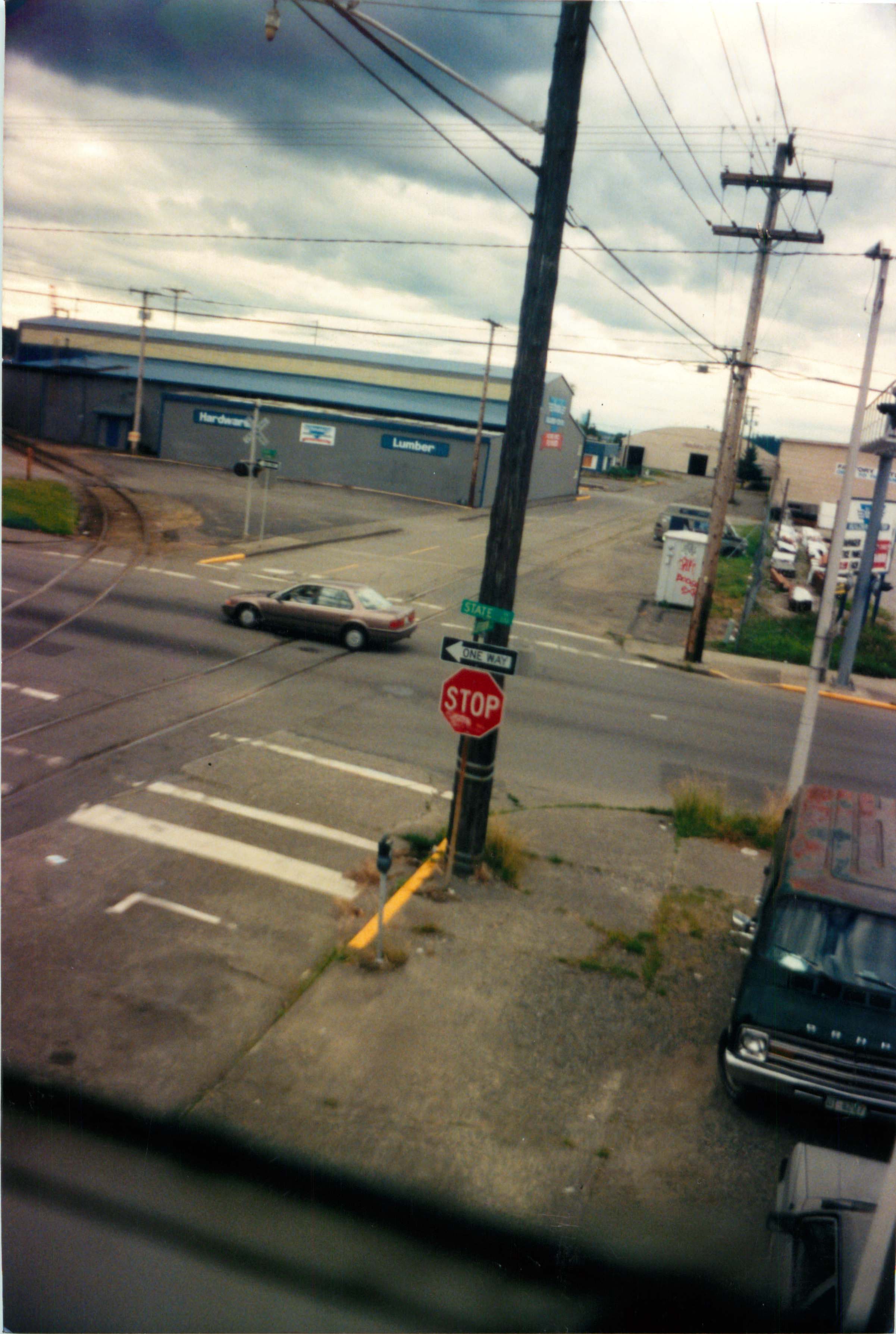
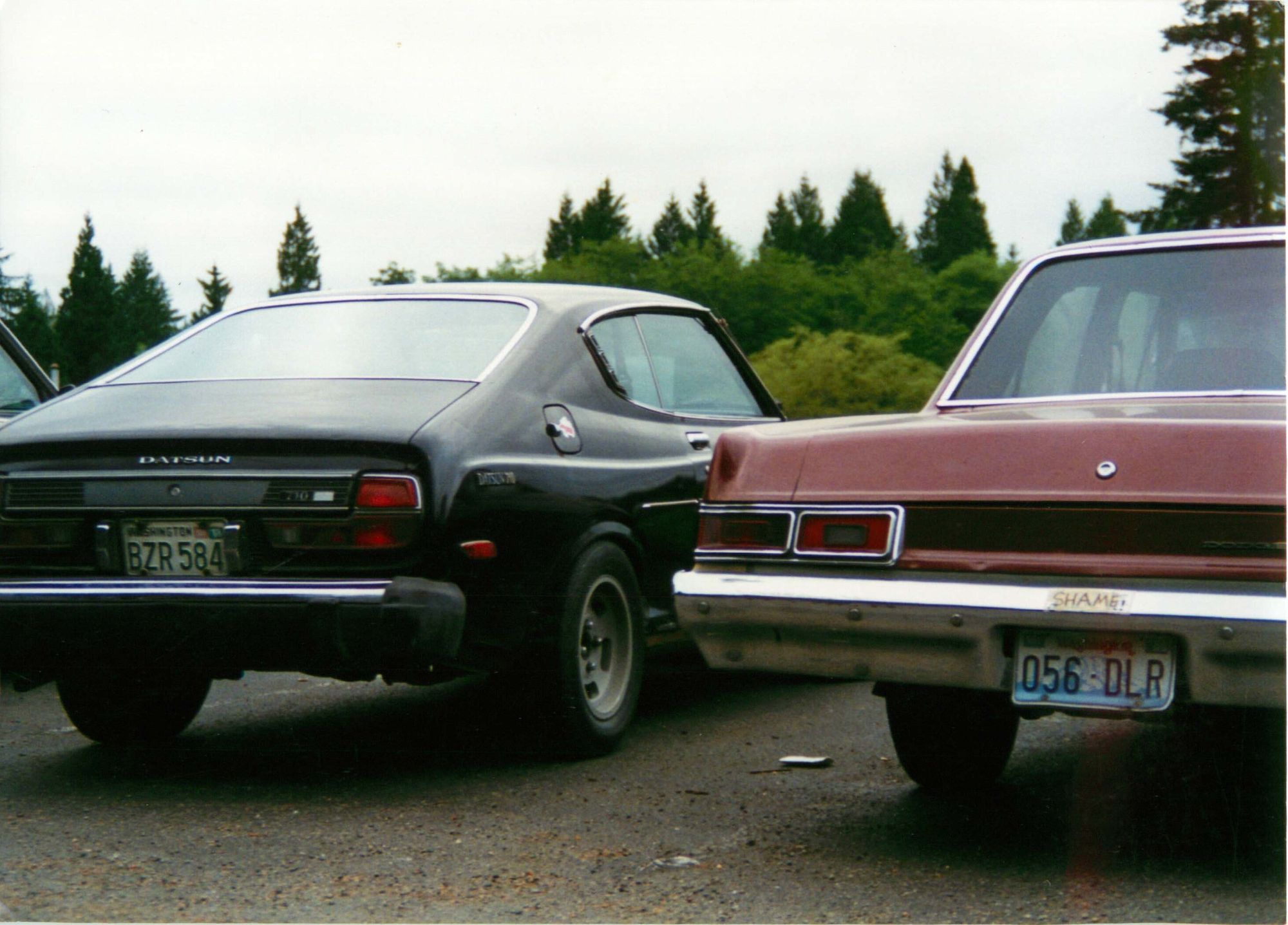
In downtown Olympia, I had a small apartment on the railroad tracks at the corner of Jefferson and State built in 1892. If you’ve ever seen the cover of Sleater-Kinney’s Call The Doctor, then you can picture what I saw out those windows, except try and imagine more rain — those photos shot just in front of 118 Jefferson must have been the only day in 1996 that it didn’t rain.
There was a record player on my bureau in the bedroom attached to these two, small, self-powered Sony bookshelf speakers I got in High School for my 15th birthday. The bureau was a really tall, old one that I think came with the apartment — I can’t remember buying it. It was gaudy and had been painted several times, so getting clothes out required some muscle. The record and speakers were just above chest height, you’d have to lift your arms above your head to swap records, so I often didn’t.
When I first got that apartment I was single and the bed was just a lumpy futon on the floor, but by 1996 my girlfriend had briefly moved in with me (we dated on and off for almost eight years, and this was one of the on-periods), and we had built the bed up high on these risers made of two-by-fours so that we could recapture the “wasted” space below for storage. Another, smaller bureau of her clothes, maybe two, were underneath us as well as storage tubs of, honestly, I can’t remember what. Stuff.
You’d have to push yourself up and “jump” in to bed, since the mattress was at just almost chest-height. Sometimes you’d fall either getting up or getting down, but we were in our early twenties and this all seemed perfectly reasonable.
We’d be in bed, hung over, likely, on a rainy Sunday morning like today, and I’d move the blankets out of the way and get on my knees and stretch across to the record player, supporting myself with one arm on an bureau drawer and trying to carefully drop the needle with the other, my bare ass pointed up towards the dusty ceiling fan, my clumsy chicken arms supporting my frame like a bridge across the empty space between the record and the bed.
The needle would drop with a skip and a scratch to the first few seconds of side one of the two record The Curtain Hits The Cast album. Anon began bleeding out the small speakers, filling the room. Mimi’s drums. Zak’s bass. Alan’s guitar.
The sound would fill the room and blend in with the sound of the falling rain outside that you could glimpse through the lone, heavily fogged, single-paned window in the room that would let in as much cold as light.
Four feet below my naked body, a river of cheap, saxony, cigarette-burned carpet continually invited me to fall on to it as I had done many times before, as if it were an ocean ready to swallow me whole.
In sixteen minutes or so, when the record player would click and return the stylus and cartridge to the tonearm holder, I’d uncover myself to repeat the process, again, over the ocean, too lazy or hung over to jump down and flip the record—wanting desperately to limit the time outside of the comfort and security of naked bodies fumbling together under warm blankets. We’d repeat this until the greasy siren-song of breakfast at The Reef would finally make us rise after that one side of the album had been played, on repeat, for hours.
I’m over the ocean, over the hills, over the dell, over the fireline, over the sand, over the plan, over the empire, and if I belong, then I’ll be longer than expected. And if I’m wrong, the mighty and strong will be rejected. I’m over the ocean. —From Over The Ocean, the third track on "The Curtain Hits the Cast."
I was only twenty-three when that album came out, and I’m now on my perhaps my fourth year of being 45. My life has changed so much in the intervening years, but that album, playing now out of newer speakers in the den, has not.
Sitting here banging this out on the laptop, now on to my second pot of coffee, an hour or two after I first read the tweet about Mimi’s death, I ask myself if I’m doing all I should? Am I even mourning correctly?
Should I even be turning this sadness into words? Into remembrances?
Or, instead should I grab my sixteen-month old daughter and spin her around the room, holding her tight in this rain, on this day, singing and living and never forgetting the now.
Since, as the tears over Mimi and for Alan and their kids remind me, the now is all that’s real — sure, there’s the past, and my head is full of it, these words are full of it.
But right now is all we really have.
 Don’t forget, we’re all counting on you.
Don’t forget, we’re all counting on you.
